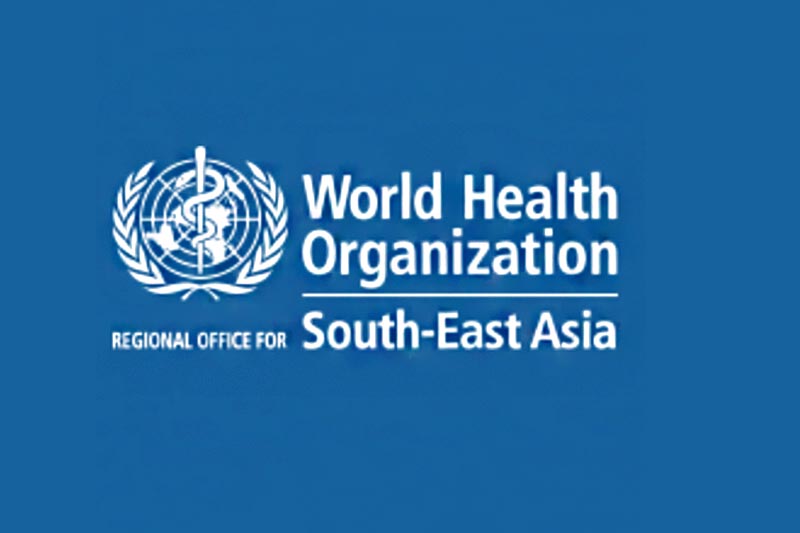South-East Asian countries resolve to control dengue, eliminate malaria
Kathmandu, September 7
Member countries in World Health Organisation South-East Asia Region have resolved to accelerate efforts to control dengue which threatens nearly 1.3 billion people with frequent and large scale outbreaks, and control malaria, that continues to be endemic in the region.
“We need to intensify multi-sectoral approach at the national as well as the grassroots level to reach the most vulnerable and marginalised communities, strengthen surveillance, operationalise cross-border collaboration and most importantly promote vector control,” Dr Poonam Khetrapal Singh, regional director of WHO South-East Asia, said at the 71st Regional Committee session, which concluded in New Delhi today.
According to a press release issued by WHO Regional Office for South-East Asia, the 11 member countries of the region, which accounts for one-fourth of the global population, 58 per cent of the global burden of Plasmodium vivax malaria, and is at increasing risk of dengue and other vector borne diseases in view of the increasing urbanisation and climate change, adopted a resolution to prioritise dengue control and malaria elimination.
Reviewing the progress, challenges, capacities and opportunities for strengthening health workforce, the countries, including Nepal, agreed to continue to focus on frontline workers, improve rural retention and transformative education, and increase coordination among health and other ministries. Deputy Prime Minister and Minister of Health and Population Upendra Yadav had led a Nepali delegation to the meeting.
To further advance health of newborns, children and mothers, the countries agreed to enhance budgets and address social inequities. They emphasised that integrated approach with reproductive newborn, maternal, child and adolescent health programmes activities are at the heart of universal health coverage and for ensuring quality of care while ‘leaving no one behind’.
Monitoring progress against universal health coverage and health-related Sustainable Development Goals, the member countries also agreed to continue to develop and implement policies to advance equity and efficiency. The Regional Committee session adopted the ‘Delhi Declaration’ with member countries committing to make essential medical products accessible and affordable to all, both within the region and beyond.






